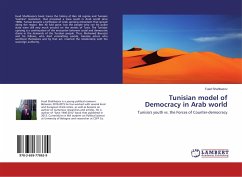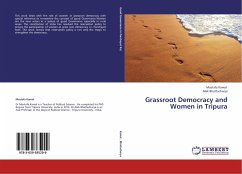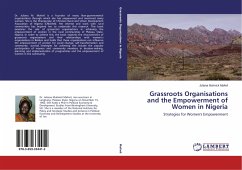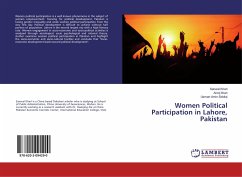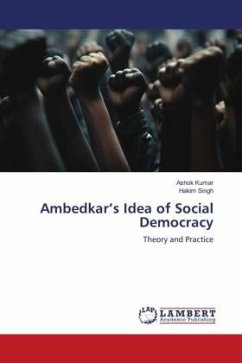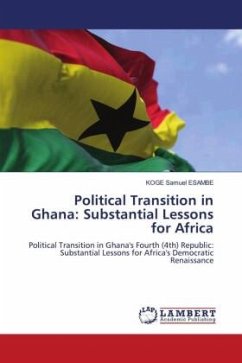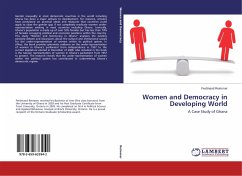
Women and Democracy in Developing World
A Case Study of Ghana
Versandkostenfrei!
Versandfertig in 6-10 Tagen
36,99 €
inkl. MwSt.

PAYBACK Punkte
18 °P sammeln!
Gender inequality in most democratic countries in the world including Ghana has been a major setback to development. For instance, scholars have postulated on practical ideals and measures that countries could apply to close the gender gap if not completely eradicate women under-representation existing in most countries including Ghana. Ironically, Ghana's population is made up of over 52% females but has less than 10% of females occupying political and economic positions within the country. This study "Women and Democracy in Ghana" analyzes the existing scholarly debate and discussions about ...
Gender inequality in most democratic countries in the world including Ghana has been a major setback to development. For instance, scholars have postulated on practical ideals and measures that countries could apply to close the gender gap if not completely eradicate women under-representation existing in most countries including Ghana. Ironically, Ghana's population is made up of over 52% females but has less than 10% of females occupying political and economic positions within the country. This study "Women and Democracy in Ghana" analyzes the existing scholarly debate and discussions about the cultural and institutional causes for the under-representation of women within its political system. In effect, the book provides systematic evidence on the under-representation of women in Ghana's parliament from independence in 1957 to the current legislature elected in December of 2008. Also included in the book is the tabular representation of women in Ghana's parliament from 1957 topresent. The research reveals that the under-representation of women within the political system has contributed in undermining Ghana's democratic regime.



